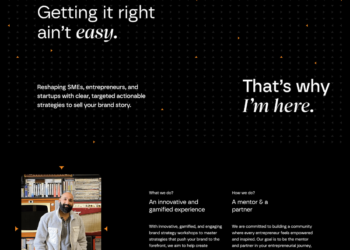The Celo Foundation, in partnership with Rarible, has announced the integration of Rarible’s API solution into the Celo network. This move equips those building on Celo with a comprehensive suite of tools for their decentralized applications (dApps), including a real-time NFT indexer, an aggregated order book, multi-chain support, and a trading SDK.
This collaboration is set to propel the Celo ecosystem forward, improving access for NFT creators with a mission of tapping into an expansive network that spans over 1,000 projects in more than 150 countries.
Several projects within the Celo ecosystem showcase NFTs’ practical, real-world utility. Among them, Steward is a dynamic NFT collection that funds climate non-profits focused on conserving the planet’s eight ecosystems and supporting indigenous organizations. Additionally, Ecosapiens offers a digital collectible series aimed at carbon capture, with its dynamic Celosapien evolving alongside Celo’s carbon offsets at the protocol layer.
Additionally, Plastiks introduces a marketplace for tokenized plastics recovery certificates, showcasing a partnership with the iconic FC Barcelona and contributing to over 2.2 million kilograms of recovered plastic waste.
Unlocking New Possibilities for Developers
The Rarible API’s integration on Celo allows developers to access real-time and historical data, integrate NFTs, create custom dashboards, track ownership, and embed NFT trading functionalities. This expansion of Celo’s infrastructure aims to unlock a wide array of use cases, including wallets, Web3 games, and analytics platforms, to offer more dynamic and engaging user experiences.
Rarible API supports various marketplaces by providing access to aggregated order books from major platforms, including OpenSea, Rarible, X2Y2, Sudoswap, Objkt, Versum, Teia, and Fxhash.
With ongoing updates, Rarible and Celo plan to introduce more opportunities that leverage their strengths to support NFT projects that positively impact individuals and communities worldwide. This partnership not only signifies another step in making blockchain technology more accessible but also highlights the potential of NFTs to drive meaningful change in various sectors, emphasizing sustainability and community support.

























































![What Is Asset Tokenization? Types, Why It Matters Now [2025]](https://coininsights.com/wp-content/uploads/2025/05/asset_tokenization-360x180.png)



























can you get generic clomiphene prices cost of clomiphene without a prescription clomiphene sleep apnea cheap clomiphene without rx can i order clomid without insurance how to get clomid price get cheap clomiphene online
This is a theme which is forthcoming to my verve… Myriad thanks! Quite where can I notice the phone details due to the fact that questions?
The reconditeness in this ruined is exceptional.
order azithromycin 500mg – tinidazole canada purchase metronidazole generic
buy rybelsus 14 mg pill – semaglutide 14 mg usa brand cyproheptadine 4 mg
purchase inderal without prescription – buy methotrexate pills methotrexate 2.5mg brand